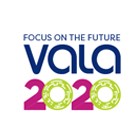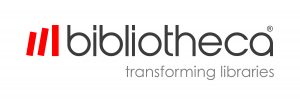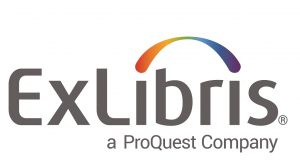Trove—a collaborative approach to digital: more content and showcasing our Partners
VALA2020 CONCURRENT SESSION 9
Wednesday 12 February 2020, 12:00 – 12:30
Hilary Berthon
- Assistant Director, Trove Outreach
- National Library of Australia
Julia Hickie
- Assistant Director, Trove Data, Discovery & Delivery
- National Library of Australia
Peter Collins
- Assistant Director, Digitisation & Document Delivery
- National Library of Australia
Please tag your comments, tweets, and blog posts about this session: #vala2020 #s21
Read the paper, view the video of the presentation on the VALAView channel and view the presentation slides here:
Abstract
For a decade Trove has been a place to find, marvel at and engage with the many perspectives and stories that are represented in Australia’s collective heritage. Collaboration is fundamental to this success. Organisations nominate and support the digitisation of content important to their communities, which in turn increases usage. This paper examines both the business and technical aspects of the digitisation process. It also explores recent improvements to the process for both Partners and Trove users. These include a new self-service Partner dashboard for better metrics, enhanced search capabilities and improved opportunities for community engagement
This work is licensed under a Creative Commons Attribution-NonCommercial License.



